Have you ever noticed the little free libraries in London?
You might have seen them outside residential houses or against the wall of a cafe. They crop up at supermarket check-outs and on the platforms of train stations.
They can be as as obvious as a set of shelves or subtly hidden inside a wardrobe; as small as a bird house or as big as an iconic red phone booth – but they all have one thing in common.
They’re libraries. Just not as you know them.
On the hunt for free books
The concept of book-sharing is not an unfamiliar one. I’ve swapped books with friends; occasionally taken part in those Facebook threads where you send a book to a stranger’s address and ‘get one in return’ (although it’s never worked for me!) – and I often see stray books riding the train, courtesy of campaigns like Books for London and Books on the Underground which aim to get London residents sharing books via the city’s transit network.
It’s common to see boxes of free books outside people’s houses too, balanced precariously on walls and at the mercy of London’s temperamental weather. I always have a little leaf through the titles and end up with a couple of new reads weighing my bag down.
I even rescue the saddest books from the danger of rain and prop them up somewhere a bit drier in the hope they’ll eventually find someone to read them.
Unfortunately, picking up stray books on the street feels a bit like you’re taking advantage of someone’s spring clean clear-out. I always find myself quickly checking my surroundings before snatching a book and running away!
And the more I get into a solid reading routine – visiting my local library every few weeks, updating my Reading Challenge on Goodreads, trying to get a good hour of page-turning time in bed each night – the more I’m primed for other sources of reading material.
So I did a bit of research about the book exchange opportunities in London, and I learned a lot more than I was anticipating.
I’m talking about a whole new culture: the rise of the micro-library.
‘Take a book, leave a book’ at your local micro-library
In their simplest form, micro libraries are free book exchanges set up in the community. A micro-library might not be housed inside a typical bricks-and-mortar public library, but the principle still remains the same. You can borrow any book, hopefully following the etiquette of leaving another book in its place: there’s nobody keeping watch when you do so, which means these little libraries tend to act on an honour system.
When I looked into it further I discovered the existence of the Little Free Library, a huge international network with more than 90,000 book-sharing boxes registered in over 90 countries. When people (librarians!) register their libraries to the site they receive a virtual pin on the global map, which means they can easily be found by fellow bookworms.
These little free libraries may be part of a worldwide network, but they’re still unique: hand-painted, quirky and filled with a selection of books dictated by what the local neighbourhood decides to include. That’s where they differ from a typical public library – the books on offer will constantly change and rotate, depending entirely on who visits the shelves and what their reading taste might be.
It feels like playing the literary lottery!
The positive impact of micro-libraries is obvious. They enhance community spirit, they get people investigating their local area, and they’re providing 24/7 access to free reading material for whoever wants it.
But there’s also a frustration that the existence of little libraries dotted around neighbourhoods can divert attention from public libraries. I can understand the concern, but unfortunately (in the UK at least) public libraries aren’t really doing so well.
Public libraries are inherently valuable – but they’re in crisis in the UK
When I was travelling long-term there was no way to have a library membership, but I’ve recently fallen back in love with my local library and spend way too much time browsing their online catalogue.
So it’s really disheartening to see the stark truth about libraries in the UK: during 2018, over a hundred public libraries were closed down. The reasons are numerous: a lack of focused marketing, a steady increase in the consumption of online content, and nation-wide budget cuts all contribute.
Although little libraries on the street will never be a direct alternative to public libraries (and shouldn’t be!) they’re still helping out in communities which perhaps have less access to libraries or reading material. Besides, I’d argue that any way of promoting an interest in reading is valuable.
And if you walk past a shelf of books in the street, there’s a high likelihood you’re going to be a little intrigued.
Read more: Spending the day at Hay Literature Festival in Wales
This really got me thinking about the privilege I’ve had throughout my life when it comes to books and reading. I’ve always had access to libraries, whether at school, or university, or in my local area, and I always took that access for granted.
But what if a library had meant everything to my education, and to my development as a lover of reading and writing? What if a library had had the ability to maintain or break my connection with books?
Championing literacy in Nepal with KEEN & ‘Room to Read’
In many parts of the world, the ability to read and write isn’t a guarantee. In Nepal, for example, almost half the country’s adults are illiterate and roughly 40% of students don’t even graduate from primary school.
But I’ve also seen what a big difference a charitable organisation can make. When I was travelling in Bolivia, I volunteered at a rural library outside Sucre which a former Peace Corps volunteer had built with her NGO. Since 2005, Biblioworks have established over a dozen libraries in rural Bolivia and are responsible for shaping a continued interest in literacy and education within those communities.
So when I learned that the shoe brand KEEN were joining forces with ‘Room to Read’, a non-profit charity focused on girls’ education and children’s literacy in Asia and Africa, I wanted to know more.
Read more: what it’s like to volunteer at a village library in rural Bolivia
Room to Read focuses on literacy and gender equality in education. By working closely with local communities and governments, they’re helping to develop a lifelong love of reading amongst primary school children in Nepal.
Together with Sherpa Adventure Gear, KEEN are donating £15 from every sale of their new boots to ‘Room to Read’. To put that in some perspective, selling three pairs of KEEN Innate x Sherpa Adventure Gear shoes will enable one child to read and write for a year, while the sale of twenty-five pairs can fund a child to be supported through secondary school for an entire year.
A day of book donations at London’s little free libraries
Although I’m not about to jet off to Nepal at a moment’s notice, I can still give back to a community a little closer to home.
So once I’d checked the Little Free Libraries map and done some extra research to see which micro libraries were closest to me, I collected a pile of already-read books and headed off to make a few donations of my own.
Little free library #1: Clapham Common
The first Little Free Library I came across was an adorable little birdhouse-style library box outside a residential house in Clapham Common.
Successfully locating one of these libraries ‘in the wild’ was pretty exciting, but I had a long list of places I wanted to visit – so I left my recently-read copy of ‘Elizabeth is Missing’ by Emma Healey on the shelves and continued on my way.
Little free library #2: Clapham North station
At Clapham North tube station I spotted a pretty study set of shelves set behind the ticket barriers and just before the escalators. The staff at Clapham North clearly have a penchant for greenery, as the whole area is decorated with plants in colourful pots!
I dropped off a copy of ‘Three Things About Elsie’, and then stood back while a few other passengers browsed the shelves.
Little free library #3: Gibbon’s Rent
At London Bridge I headed for Gibbon’s Rent, a narrow garden oasis just beyond the railway arches – you can still hear the trains rumble past every few minutes.
Hiding in here is a wardrobe-turned-library which must be rather well-weathered by now. The Little Library is remarkably sturdy and seemed the perfect home for ‘The Temporary Bride’: after I’d added my copy, I looked around and took great pleasure in spotting a man nearby who was reading on his lunch break!
Little free library #4: Oval station
Back on the Underground again, I headed for Oval tube station. This is a famous spot in London legend: 14 years ago, the aptly-named Mr Gentles began writing a ‘thought of the day’ on a whiteboard hung at the station entrance, and many of his ‘thoughts’ have gone viral as a result.
Sadly, the accompanying bookshelf was the saddest I’d seen all day: less than ten books on a rickety set of metal shelves patched up with hazard tape.
Coincidentally, this was the first little library where I actually felt the pull of a book. Chimamanda Ngozi Adichie’s ‘Americanah’ lay at the top of the pile, and I picked it up in exchange for my copy of ‘The Shock of the Fall’.
As I did so, I suddenly realised this was the first time I was actively partaking in the Little Library system. I made a little internal vow to myself that once I was finished with this book I’d either have to swap it at Oval station again, or head to another little library.
Little free library #5: Lewisham
The final stop on my book donation journey was arguably the most famous phone booth in London: the Lewisham Micro Library.
The Lewisham book exchange is housed inside an iconic red telephone booth (which makes it a doubly firm favourite for any tourists who happen to pass by). It’s unofficially known as London’s smallest library and even has enough fans to warrant its own Facebook page!
Donate your books & give yourself more room to read!
Each time I left one of my books in its new home I felt surprisingly liberated. I tend to hang onto my possessions and I almost thought I’d regret giving these books away – but it was a great feeling to know that someone else was going to gain enjoyment from the stories I’d already discovered for myself.
Books bring people together. They have the power to fully change your outlook on the world, and to show you that absolutely anything is possible. And it all starts with just one book.
So why not take a page out of my book and make some donations at the little free libraries in your area – or even start one yourself?
Read about my other adventures with KEEN…
Pin this article if you enjoyed it!
NB: This article is sponsored by KEEN, who are championing children’s literacy with Room to Read. Grab your own pair of their new Innate hiking boots here and help to fund children’s education in Nepal.

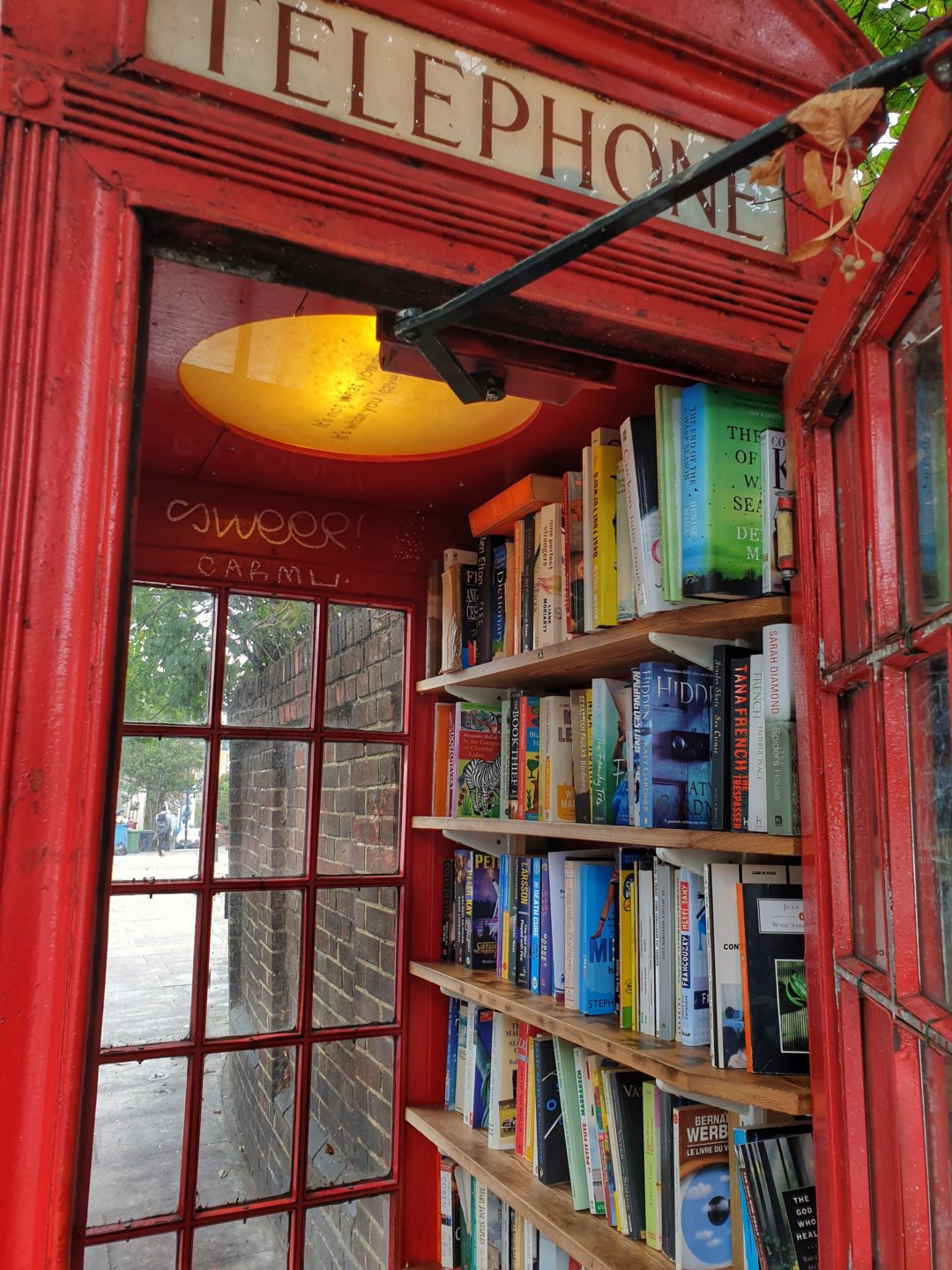



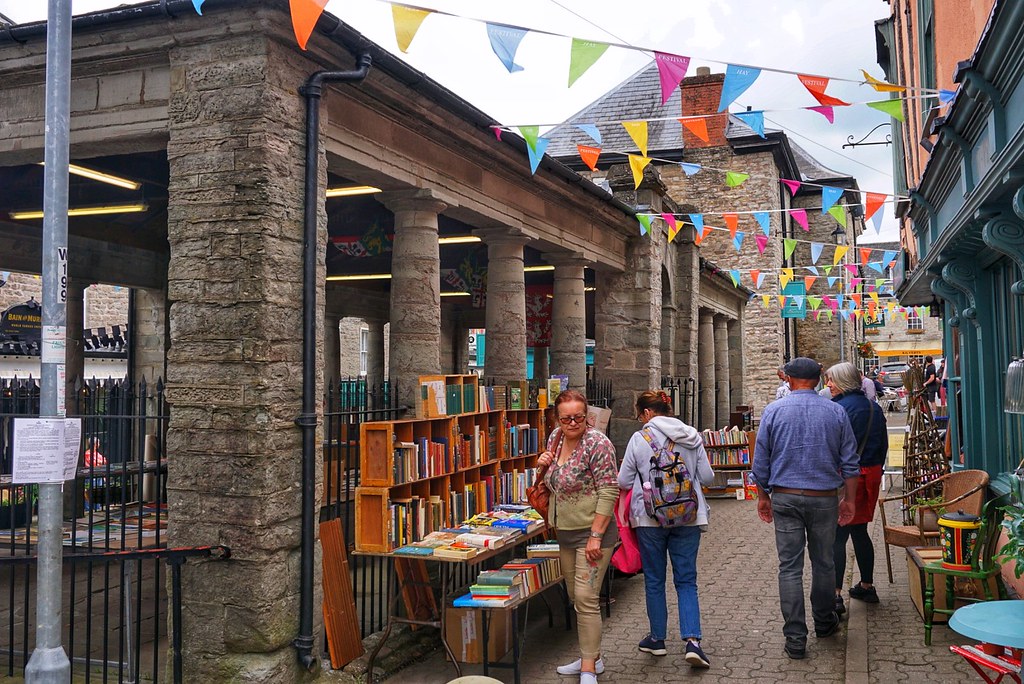
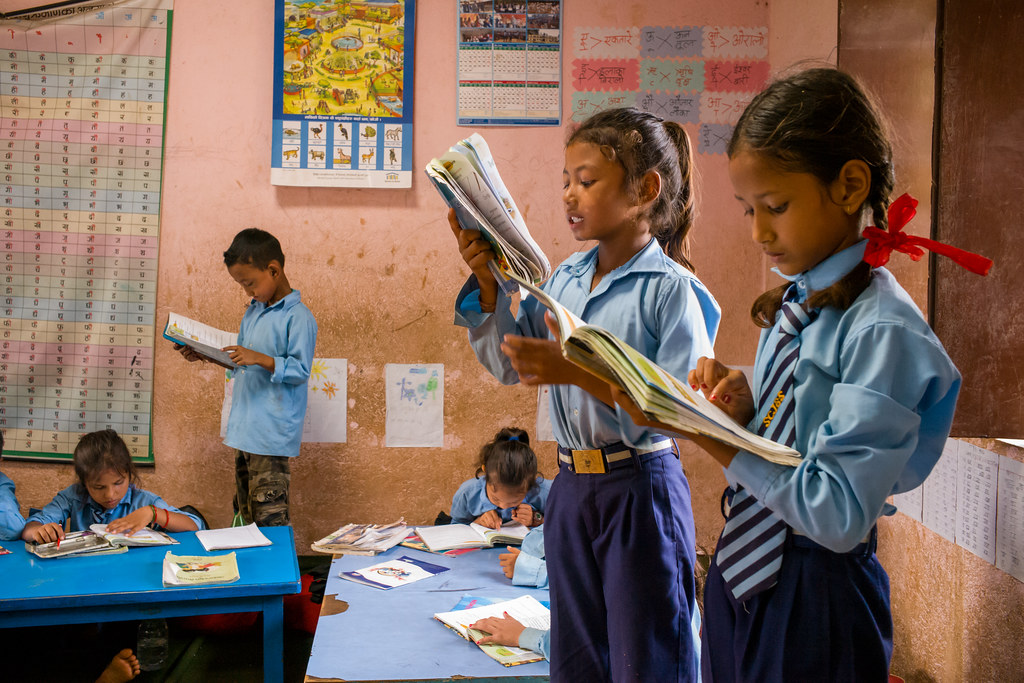

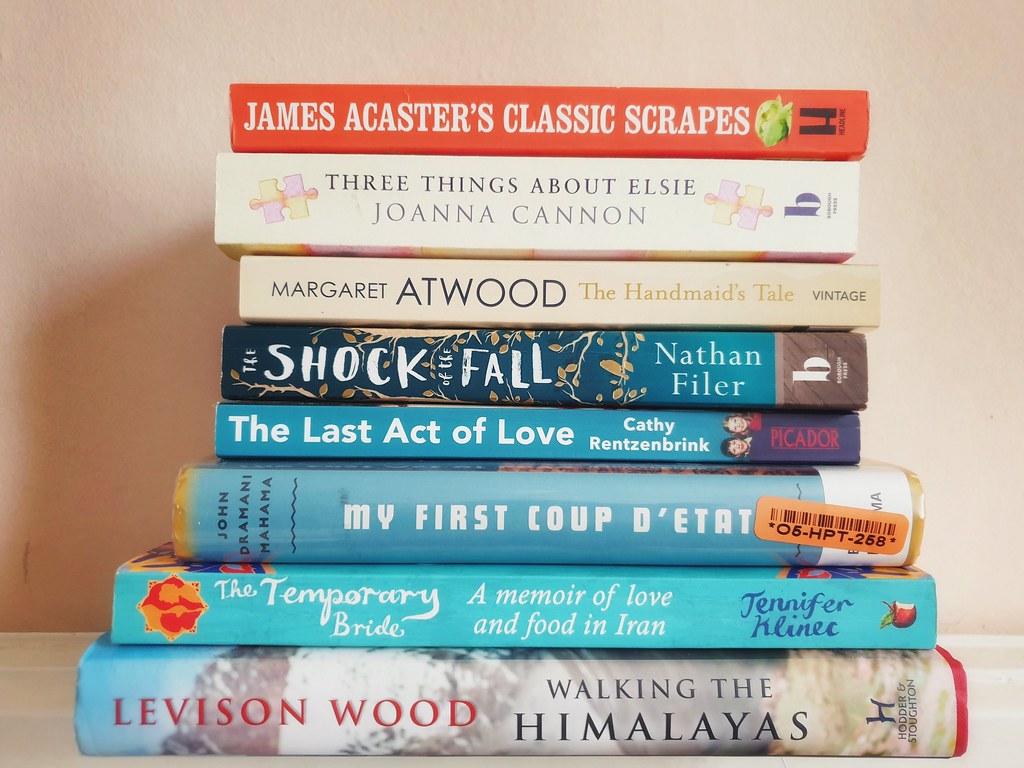


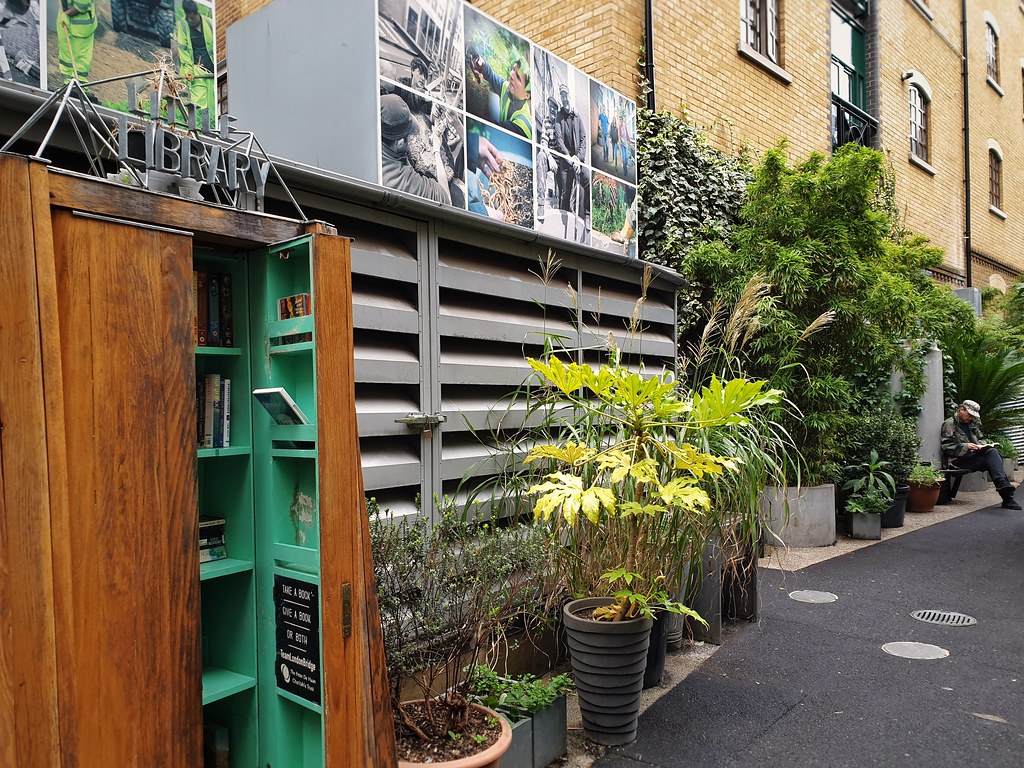
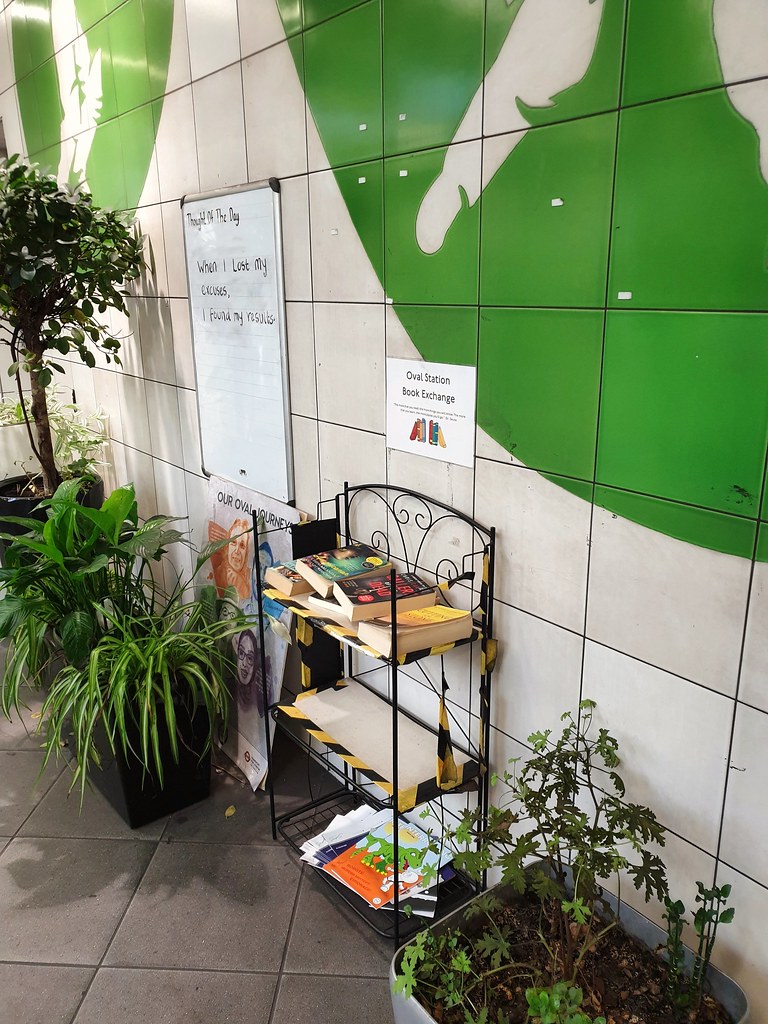


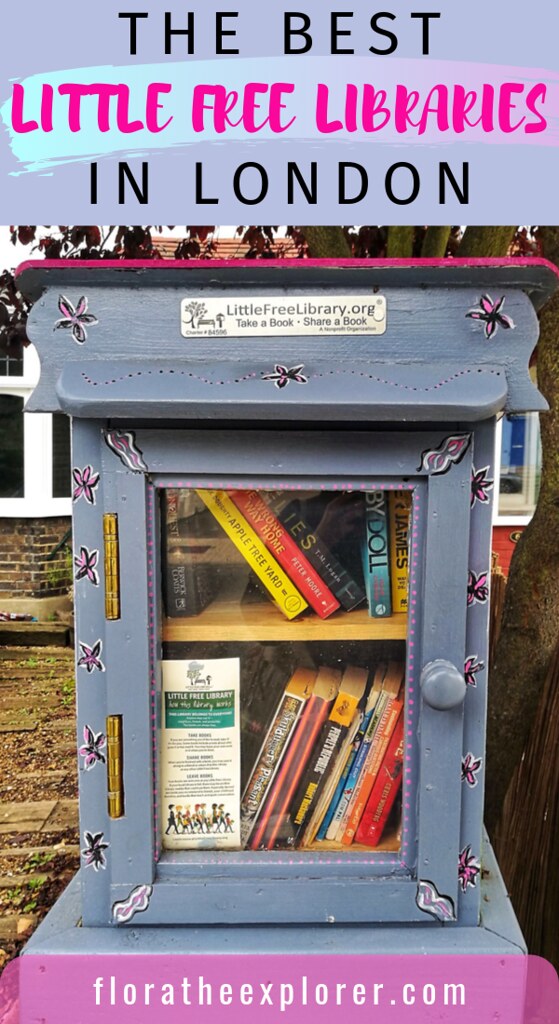


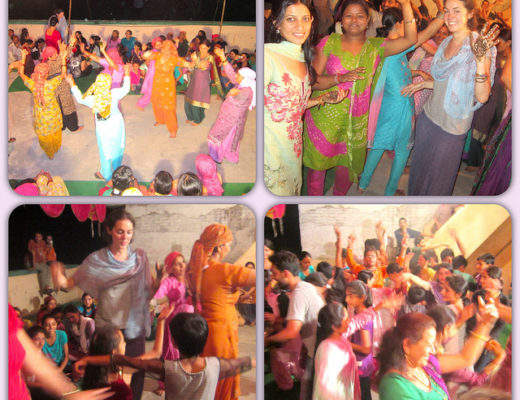
4 Comments
Top Tips to Get the Most Out of Reading ~ Deliciously Savvy
July 8, 2020 at 2:31 pm[…] are also places dedicated to this where you can exchange books with strangers, for example, pop-up libraries. What’s more, in some bus and train stations, there are little book swap areas where people […]
BuildGreen
February 9, 2021 at 1:58 amI’ve never had much success trading books online but I have never given up on the idea. My bookshelf is piled high with books I’ve read, and the opportunity to exchange them for brand new books for a small postage fee seems perfect. Save some money. Save my book from ending up in a landfill. perfect.
Recently I’ve been using a site called … thebookmule … and have had a lot of success, I really recommend checking it out. I’ve received many books and any I’ve sent I can track where it went, and if it’s passed on again. I can even request to get it back.
Neil
September 13, 2022 at 12:29 pmGibbon’s Rent Bookswap, London Bridge – Hello, I’m having a clear out and will be taking a load of books to this bookswap library over the coming days/weeks. It was looking pretty sad earlier today but in a few days there’ll be a few rows of shelves to choose from. Quite an eclectic range of novels coming, Iris Murdoch, Murakami, etc., no Clancy of Rankin, sorry.
Hostelbird
October 22, 2024 at 11:01 amI loved the content. Thanks for sharing.